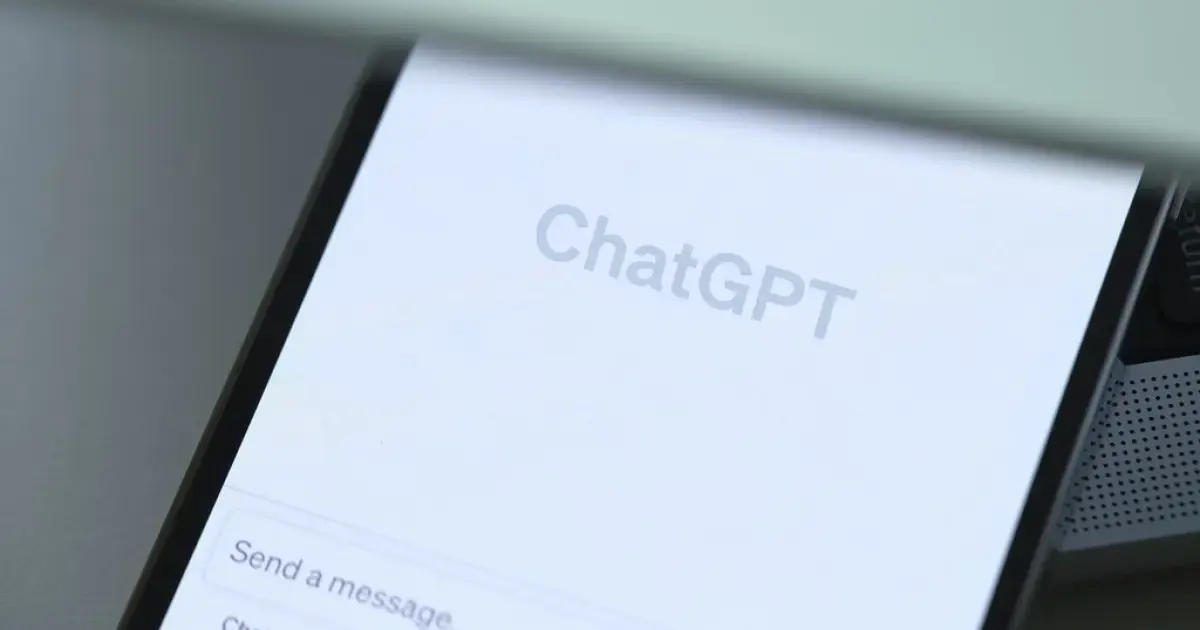 Researchers from the University of Florida (USA) analyzed over 22 million words from spontaneous conversations—podcasts and live discussions.
Researchers from the University of Florida (USA) analyzed over 22 million words from spontaneous conversations—podcasts and live discussions.
They found that since the launch of in 2022, people have increasingly been using words characteristic of artificial intelligence:
- “outperform”
- “strategically”
- “meticulously”
- “gather”
- “boast.”
The frequency of these terms has, in some cases, doubled, notes the publication Daily Mail.
Why This is Concerning
Unlike natural language changes driven by events or trends, this shift is directly linked to the influence of technology. Synonyms for these words have not become more popular, indicating that language is being shaped by artificial intelligence itself. Human behavior expert Colin Cooper observes, “We’ve started to sound polished and formulaic while losing our individuality. This gradual erosion of authenticity is what should concern us the most.”

The “Seepage Effect”
Scientists refer to this phenomenon as the “seepage effect”—when the language style suggested by algorithms seeps into everyday human communication.
Lead researcher Tom Yuzek explains, “The changes we’re seeing are astonishing in scale. So many words have become more frequently used in a very short time, and all of them are characteristic of artificial intelligence.”
What This Means for Us
has always reflected culture and individuality. If it becomes too uniform, we risk losing the diversity of expressions, intonations, and styles. This could impact not only everyday communication but also education, literature, and even political debates.
Bryce Anderson, the lead author of the study, summarizes: “Language is humanity’s most powerful tool. It’s important to recognize that the influence of extends far beyond the screen and can change how we think and speak.”
As a result, we face a paradox: technology opens up new possibilities while simultaneously threatening our linguistic uniqueness. Therefore, it is each of our responsibilities to remember the power of living, authentic language and not allow artificial intelligence to dictate how we communicate entirely.
Photo: Openverse
